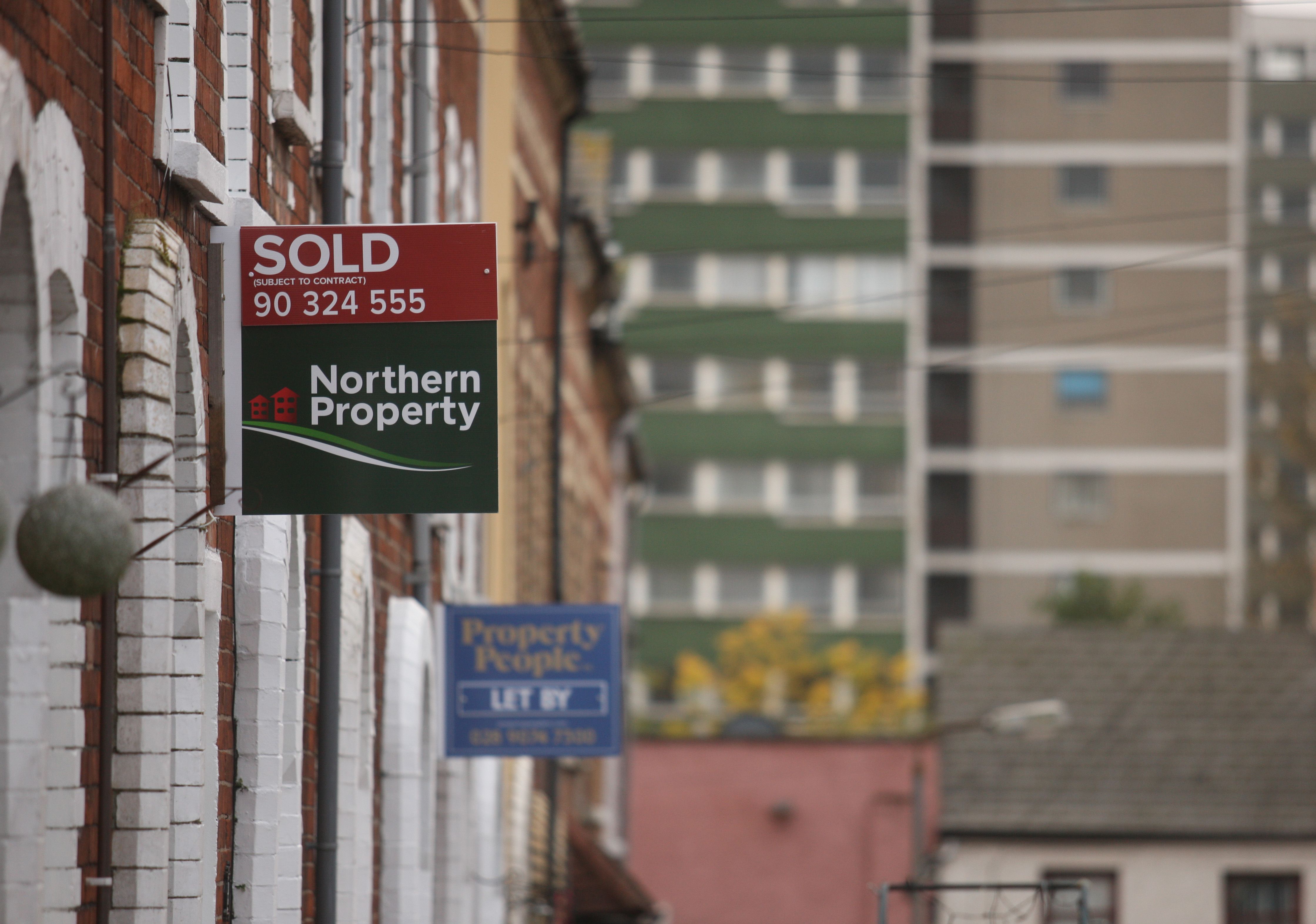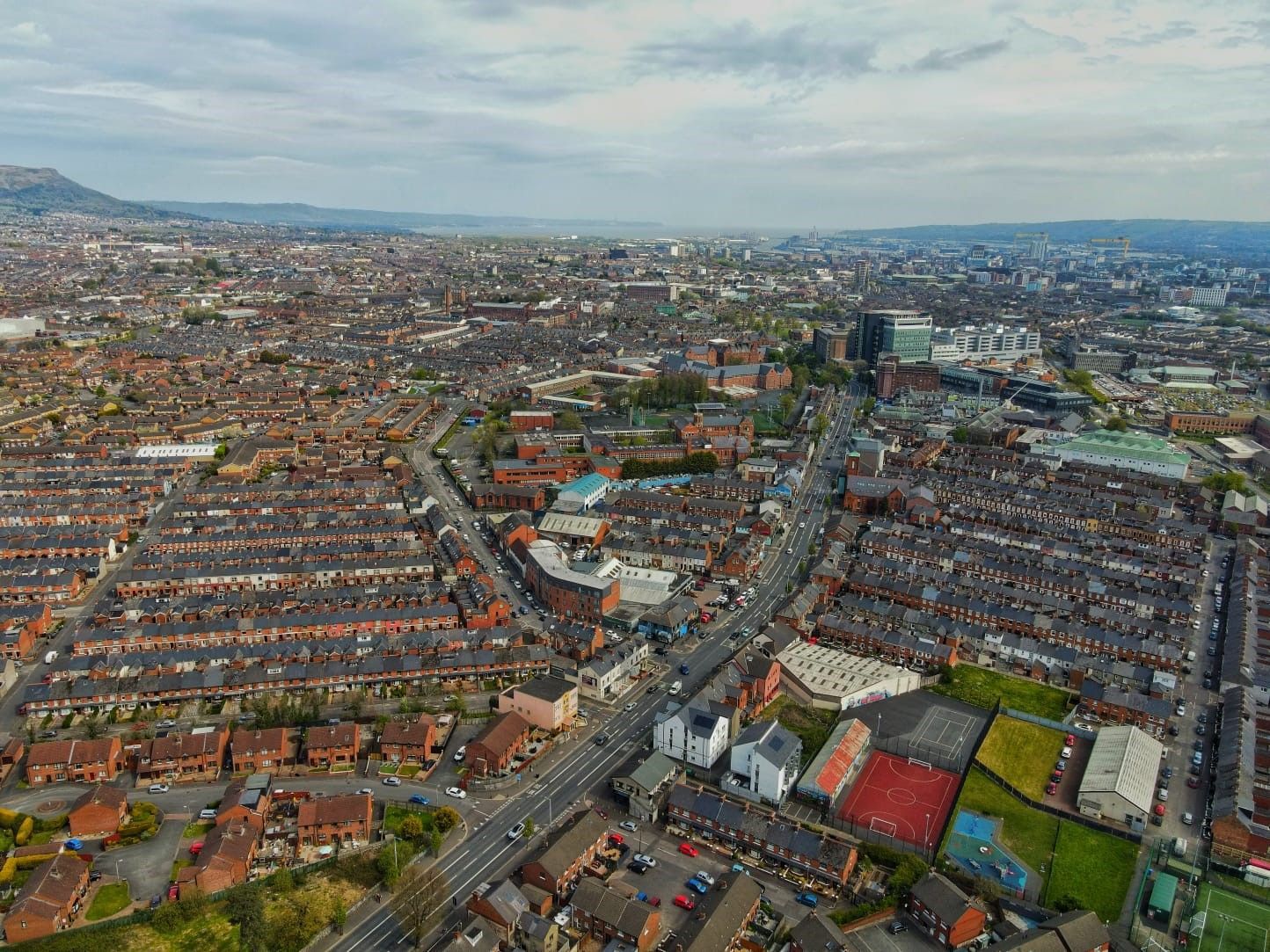Belfast's property market has boomed during the lockdown with mortgage searches online almost doubling.
First-time buyer appetite has remained a constant and the introduction of the stamp duty holiday has served to encourage home movers back into the market and has increased the options available to first time buyers.
The stamp duty holiday was due to end on March 31, but it was extended until June 30 in the recent Westminster Budget.
Northern Property spokeswoman Jennifer Canning says the estate agents have experienced their busiest year ever. “We have actually just employed a new staff member for our sales team, Naomh Whewall, who previously worked for Lambert Smyth Hampton and Wilson's Auctions," she said.
SUPPLY AND DEMAND: House prices on the up.
“At the minute there is a real buzz within the market. First-time buyer can only be described as frenzied. We are finding that most sales are being agreed in a short time frame and in excess of their asking price.”
But while the surge in interest is good news for sellers, it's not so good for home-buyers. Nationwide reported earlier this month that the average house price had done up by over seven per cent in the past year. That's above England, Scotland and Wales and double the figure for the Republic of Ireland.
Residential property prices rose three per cent in the Republic in the year to February, with homes outside of Dublin rising at a higher rate. New figures from the Central Statistics Office show prices in the capital increased 1.2 per cent to the end of February, while prices outside Dublin were 4.7 per cent higher.
In Dublin house prices jumped 1.2 per cent, while the cost of apartments rose by 0.9 per cent. The highest house-price growth in the capital was in south Dublin, where costs increased 2.8 per cent. Fingal recorded a 1.2 per cent decline in property prices for the same period.
The big question for house-buyers is whether the surge in prices will hold as society moves out of the Covid crisis. Nationwide chief economist Robert Gardner said the jury was still out on future shape of the house market.
“However, if the labour market weakens towards the end of the year as policy support is withdrawn, as most analysts expect, then activity is likely to slow nearer the end of 2021, perhaps sharply," he said.







